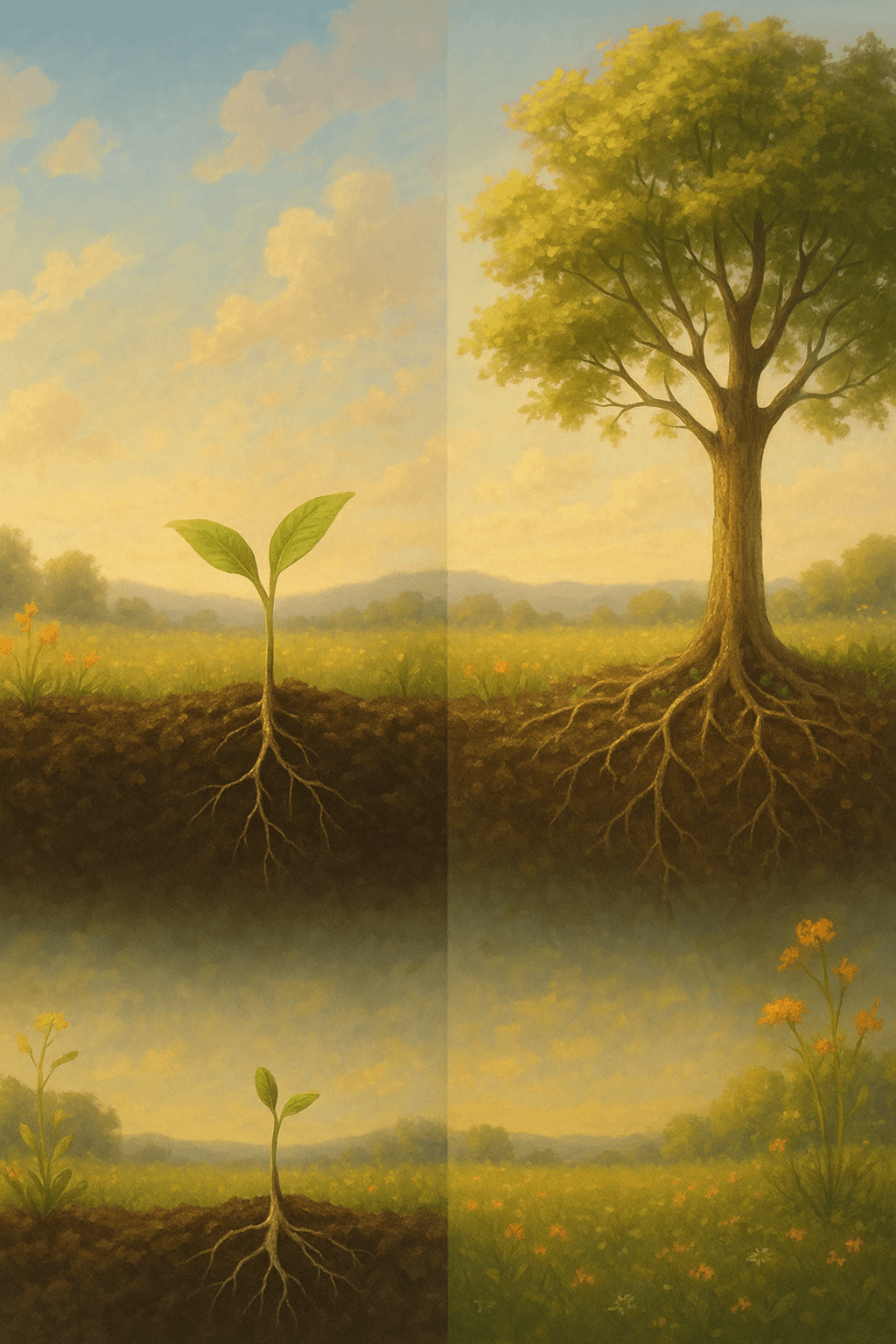The Enduring Wisdom of Acting Deliberately

Do not rush into anything. What is worth doing is worth doing slowly. — Miyamoto Musashi
—What lingers after this line?
One-minute reflection
Why might this line matter today, not tomorrow?
Musashi’s Philosophy of Patience
Miyamoto Musashi, legendary samurai and author of The Book of Five Rings (1645), emphasizes the value of patience and measured action. His advice not to hurry isn’t only for swordplay—it advocates a mindset that applies broadly to life’s pursuits. By insisting that what’s truly worthwhile deserves slow, thoughtful effort, Musashi challenges the modern obsession with speed and instant results.
The Dangers of Haste
Building on Musashi’s perspective, rushing often leads to mistakes and missed opportunities for growth. In fields from craftsmanship to strategic planning, those who rush through tasks risk shallow results and costly errors. Historical failures—such as the hurried launch of NASA’s Challenger shuttle—vividly illustrate the perils of prioritizing speed over preparation, affirming Musashi’s caution.
Learning Through Steady Progress
Moreover, when people proceed slowly, they create opportunities to learn deeply. ‘Deliberate practice,’ championed by psychologist Anders Ericsson, shows that mastery is achieved through slow, focused repetition rather than frantic effort. Musicians, surgeons, and martial artists alike refine their skills through disciplined, gradual progress—echoing Musashi’s timeless guidance.
Mindfulness and Purposeful Living
Transitioning from skill-building, Musashi’s advice also harmonizes with modern concepts of mindfulness. Slowing down ensures one acts with intention, savoring each moment and making purposeful decisions. Research in positive psychology—such as the work of Jon Kabat-Zinn—demonstrates that mindful, unhurried actions foster greater satisfaction and resilience.
Cultivating a Legacy of Excellence
Ultimately, Musashi’s maxim invites us to view our endeavors as marathons, not sprints. Whether forging a career, nurturing relationships, or mastering art, those who invest time and care build lasting legacies. By valuing slow, steady progress, we not only achieve higher standards but also honor the true worth of what we pursue—a principle as relevant today as it was in Musashi’s era.